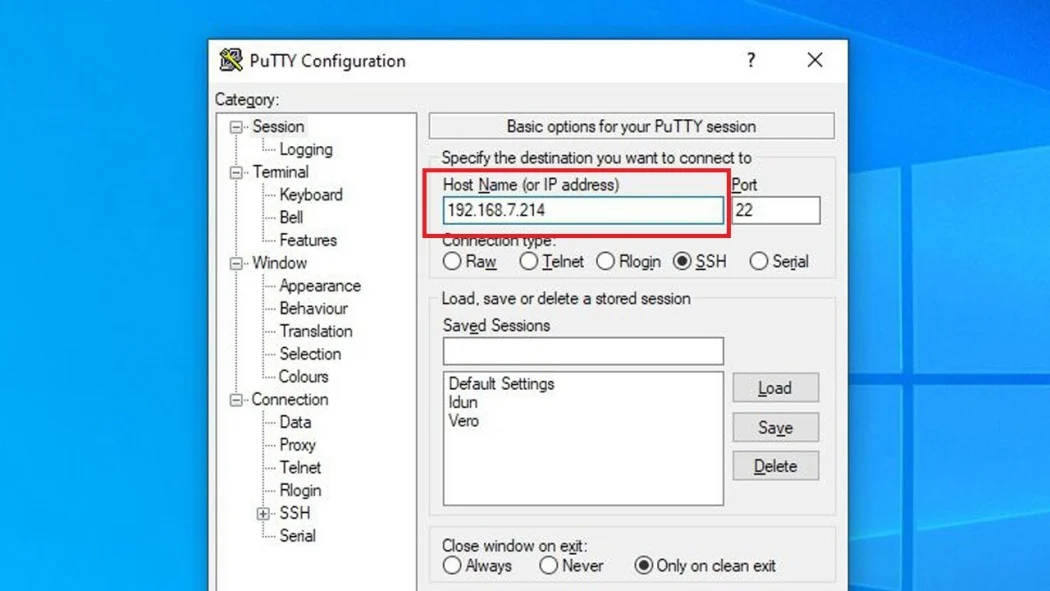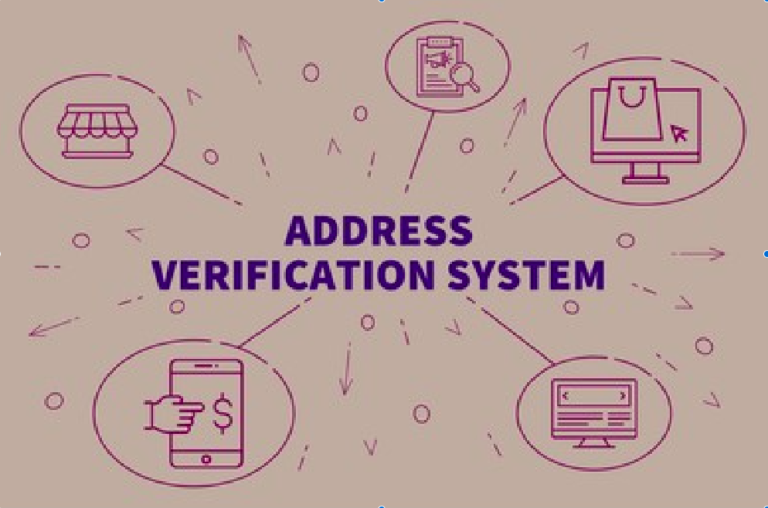Dynamic or Static – Which IP Address is Right for You?
We all know that, except for devices that share a network, no two IP addresses are alike. These are identity badges offered by network providers to make your online presence recognizable.
However, there are different ways in which IP addresses can be categorized. Here, we’ll discuss a question that network users might have to ask themselves: should my IP be static or dynamic?
IP Addressing – A Slippery Slope?
ISPs issue IP addresses to network devices with the intention that the user of the network in question should be able to check their own IP. Plus, with modern lookup tools and IP geolocation, they can even use their address to look up specific details about their device.
That said, while it is not as straightforward for others to find out your address, that is not as difficult as it once might have been. Retailers and e-commerce stores frequently use their customers’ IP data to know their location for business purposes, while server owners might use your address to block or restrict your access to public web forums or blog sites.
Similarly, law enforcement might want to know about your IP information if you’re suspected of any covert malfeasance, for which they can force your ISP’s hand. Your boss, meanwhile, might use it to track your daily work routine. And of course, there’s the issue of hackers, because of course there are!
Of course, most of these situations aren’t always the worst-case scenario, you can still avoid them if you value your privacy with VPNs, etc.
Static vs Dynamic IPs
Based on how they’re assigned, IP addresses can be static or dynamic. Static IPs addresses are designated by configuring the associated devices in a way that the address never changes in any situation.
By contrast, dynamic IPs are given by Dynamic Host Configuration Protocols (DHCPs) and are prone to change every time you log in to a network device. Some, known as “sticky” dynamic IP addresses, tend to do so after longer intervals.
Who Needs Static IP Addresses?
Due to their inert nature, static IPs offer a “closed” network experience to users and guarantee stable internet usage without any of the redirection nonsense that often comes with changing addresses.
Another benefit is the ability to remotely connect with computers or phones, which becomes significantly less of a hassle with static addresses.
Businesses, private enterprises, and federal agencies can make great use of static IPs as they not only allow somewhat private but not fully-isolated cyberspace but ensure minimal fluctuations in connectivity which is preferable for commercial networking applications.
All That Glitters Isn’t Gold
While static IPs have their apparent benefits, there are a few reasons why most internet users either actively avoid them or simply don’t pay much heed.
Safety Concerns
Being “closed” only allows a network to be identified as unique and stationary. It does not, however, ensure cybersecurity.
The opposite is actually true here. Because they remain the same throughout their life expectancy, it is easier for skilled and determined hackers to exploit the weaknesses of static IP addresses, thus compromising your privacy and sensitive information.
Plus, geolocation services normally cannot detect your exact location through your standard IP address. But static IP addresses are designed so that the devices using them can be traced with much more accuracy. This risks your true address getting into the wrong hands.
Costs
Due to their dedicated device configuration, time-consuming installation, closed nature, and remote connection capabilities, ISPs tend to charge a lot more for static IPs than they do for dynamic ones.
While these expenses might make sense for larger enterprises, they simply do not make sense for most practical network users.
Dynamic IPs – The Tried and True Option
To be clear, short-lived network addresses are not perfect. Issues with dynamic IPs include frustratingly-inefficient internet speed and connectivity, and constantly having to keep up with your changing network identity (for those who need to).
But realistically speaking, the tradeoffs here don’t mean the end of the world for users considering the returns. Dynamic IPs’ more basic upsides include budget-friendliness, address reusability, and cost-effective configuration.
But the flagship highlight of dynamic IP addresses is the security that comes with it. Being ever-changing makes it difficult for third parties to access your information.
Even if your ISP is forced to disclose your address, a new one will appear in its place and keep your data safe. Dynamic IPs also reduce the accuracy of IP-based tracking, meaning that you’re safe both online and offline.
Bottom Line
At their core, IP addresses you connect with other users, though many users will find that simplicity is key in this area. While static IPs have their benefits, dynamic IPs are the better practical choice. But if you think your needs are special, just ask yourself: what should my IP bring to the table?






